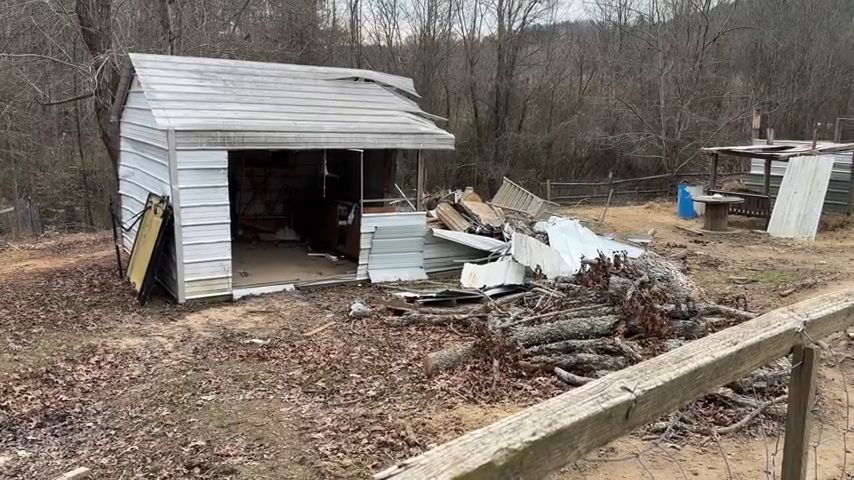CHARLOTTE, N.C. — Immigration policies are taking center stage as the election cycle continues.
Florida Atlantic University found that immigration and incivility are two major issues that influence voter behavior, and in North Carolina, immigration attorneys say policies affect court systems, too.
North Carolina is one of the states with the largest immigration court backlog, according to data from Syracuse University, with judges averaging over 4,000 cases each in 2023.
The backlog is an issue that immigration attorney Andres Lopez with the Lopez Law Firm believes is affected by a lack of political consistency.
“The situation keeps changing, the law keeps changing, or more importantly, every president changes the way they interpret the law,” Lopez said.
Lopez has been an immigration attorney for 17 years and believes political parties have become increasingly polarized.
“They add programs or they subtract programs, or they create more obstacles or they try to decrease obstacles,” he said.
A study by Gallup reports in 2022, the partisan gap around immigration has significantly increased compared with 10-20 years earlier. The gap results in what Lopez calls a "yo-yo effect" around policies.
“Right now we have a situation where administration to administration, the rules change on how a president interprets immigration law. The last big law that Congress passed regarding immigration was 1996, under the Clinton administration, with a Republican Congress. Since then, it's just left up to the president to decide how to interpret the law,” Lopez said.
An example of this interpretation came after the Biden administration announced the Family Unity Program, a path for noncitizens married to citizens to obtain green cards. It’s also a program that Lopez says can be challenged by Donald Trump if he is re-elected.
“The Trump administration can say, under their rationale, that we want to discourage unlawful immigration. We don’t want to encourage this. We want to make sure that we follow the rule of law or whatnot. We’re going to stop granting these paroles. Right?” Lopez said. “They can stop the program right now. He has the power to do that. He would be the president and constitutionally speaking, he could do that.”
As a result, Lopez says dramatic policy changes from party to party often lengthen legal processes and bring uncertainty into his cases.
“I’ve had spouses of U.S. citizens that I've had since 2019, 2020 that are still waiting to get a green card and now I have to tell them, ‘OK, this was plan A, but now we may have plan B, but I'm not sure plan B is going to work out.’ It's a little bit difficult for people to get their mind around that,” he said.
Lopez says he can’t guarantee the outcome of his clients' cases but believes more needs to be done to create efficiency.
“My hope is that at some point in time, everyone in the political elites, whether the Republican or Democrat, can get together and find a solution,” he said.
Lopez says the best thing people can do this election season is to seek legal advice to stay informed on different policies and administrations.





)


